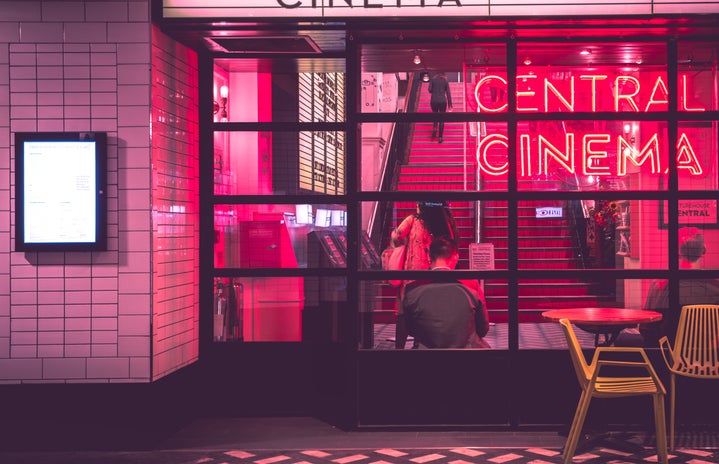Despite being up for six Oscars in this year’s Academy Awards Ceremony, Greta Gerwig’s stunning adaption of Louise May Alcott’s 1868 novel Little Women only brought home the award for Best Costume Design. A bit anti-climactic don’t you agree? It is important to note that amongst the six nominations, not one “Best Director” could be seen. (I think Natalie Portman would have a lot to say about that). And on top of that, if things could get any worse, the most ‘feminine’ category you could think of was the winner. Typical…
So why did Little Women get snubbed in this year’s Oscars, and what does it reveal to us about the limitations of feminism?
Coming from someone who went to see the film twice in cinema and read the book frantically just before it was released, I thought Little Women deserved to win all seven nominations (I am including the non-existent Best Director nomination here of course). The cinematography and costume design really capture the essence of the era, both Saoirse Ronan and Florence Pugh gave life to their characters in a way that was both moving and hilarious, the music score worked flawlessly with the tone of the scene, whilst Greta Gerwig’s retelling of classic literature to fit the big screen is admirable. I particularly loved the way she played with time and space in the film, not choosing to follow the novel’s linear narrative. This film was highly underrated by the academy and unjustly so.
I think the snubbing of Little Women has a lot to do with the overt creativity bias against women; this notion that the semantics attached to creative thinking and intellect is always masculine and that female creativity is always judged more harshly.
Take Proudfoot, Kay and Koval’s experiment at the Fuqua School of Business, for example. In one study, they tested 169 participants on their attitudes towards creativity. They were given three images of an architect’s work. Half of the group were told the architect was female, the other male. The participants then evaluated their work and decided how ‘creative’ they thought the person was. Those who were told the architect was male emphasised how creative and innovative he was, but this was considerably less so when they thought the architect was female for the same exact three images. This highlights just how women are undermined in the creative sector, deemed incapable of possessing the same ‘ingenious’ qualities as men.
Having said that, this transcends all sectors of life. It goes beyond that of female creativity but touches on how we are perceived in general. This reminds me of a Pantene advert from 2013 that showed men and women in parallel situations but attached to different labels. A male boss is a bossy woman, a smooth man is just a female show-off and so on. There is clearly an entirely different network of semantics attached to the female world that is both derogatory and debilitating.
So, going back to Greta Gerwig and the Oscars, it is evident that this kind of gender bias is embedded in the very fabric of contemporary society. And what is meant to be a liberating form for women, Hollywood film is just as configured to these gender inequalities as other main-stream forms of sexual discrimination, such as the gender pay gap or harassment in the workplace. I would like to commend figures such as Natalie Portman who work endlessly to bring conversations like gender bias towards female creativity to the forefront of feminist discourse.


